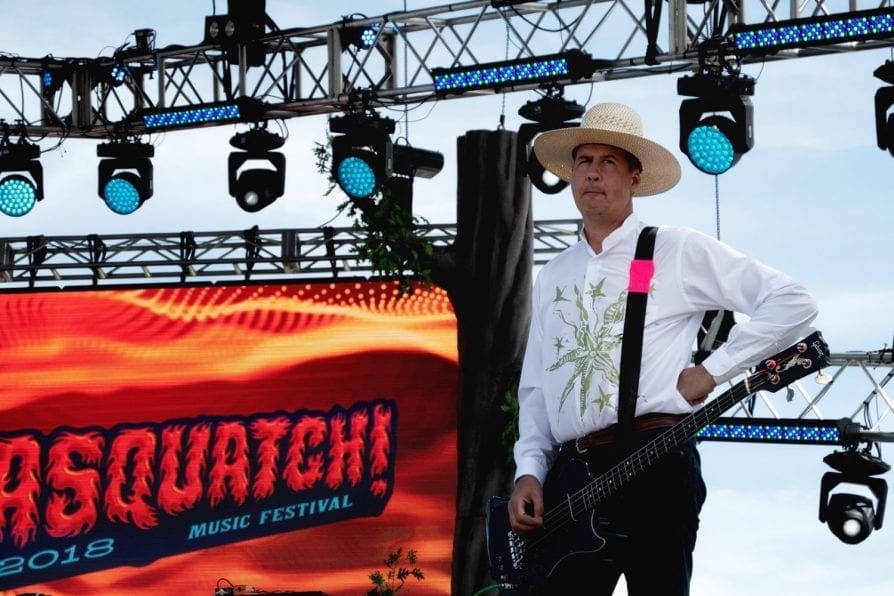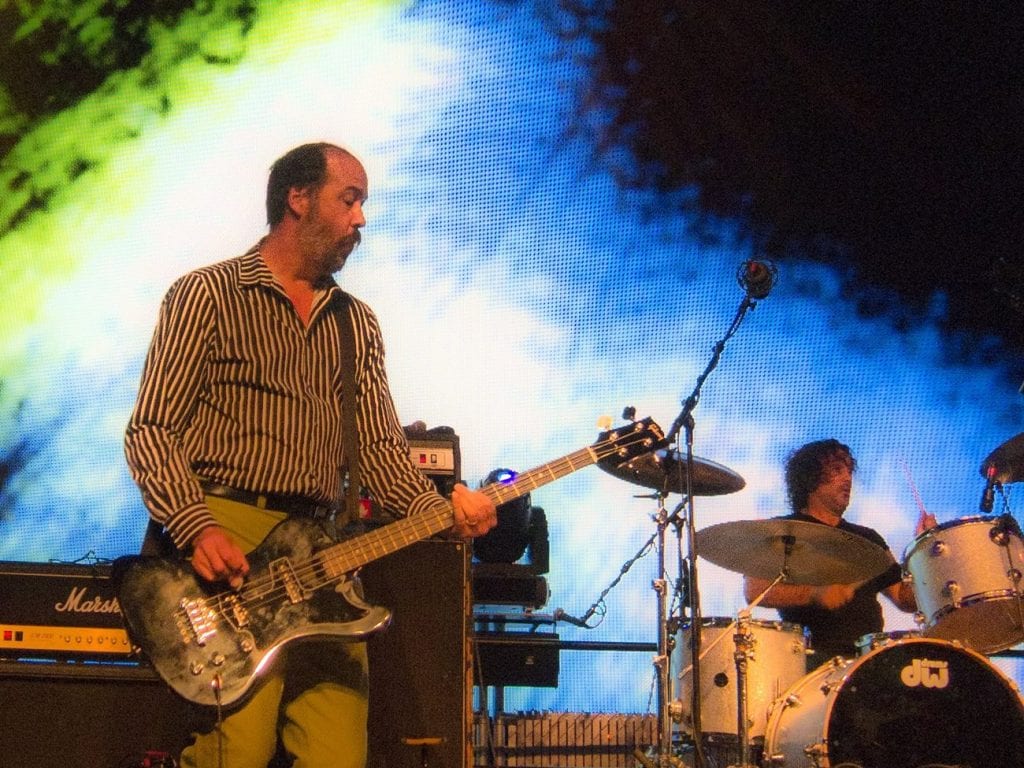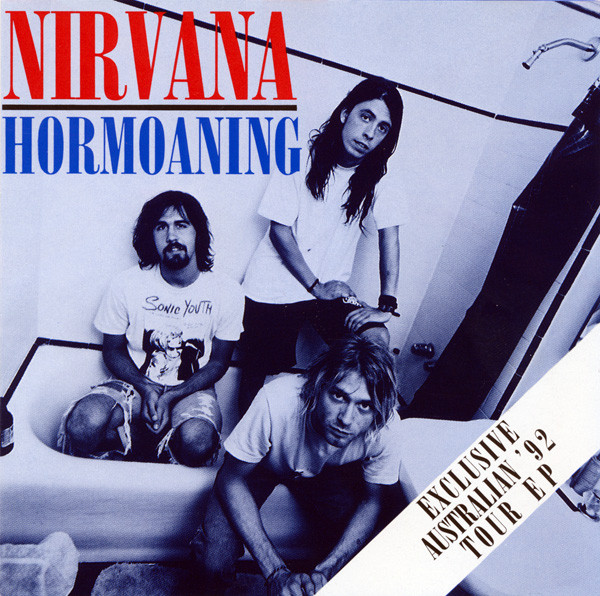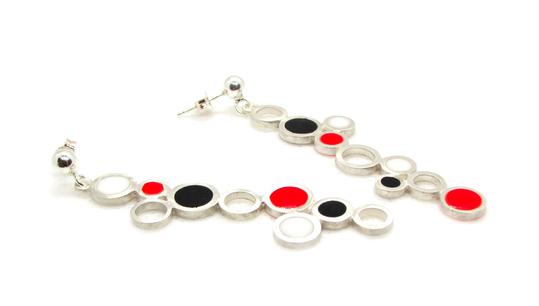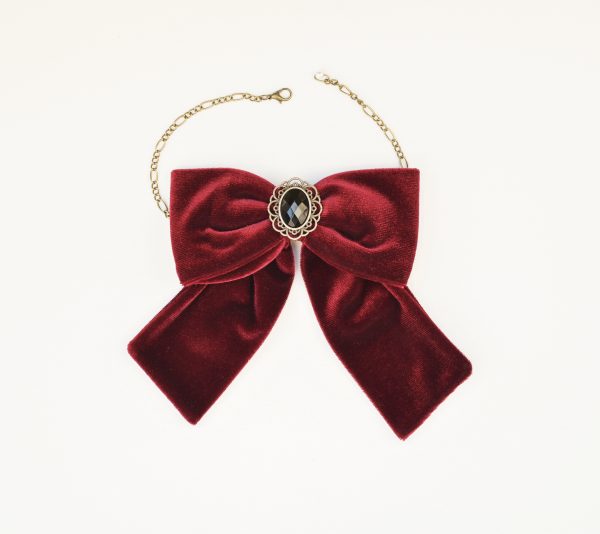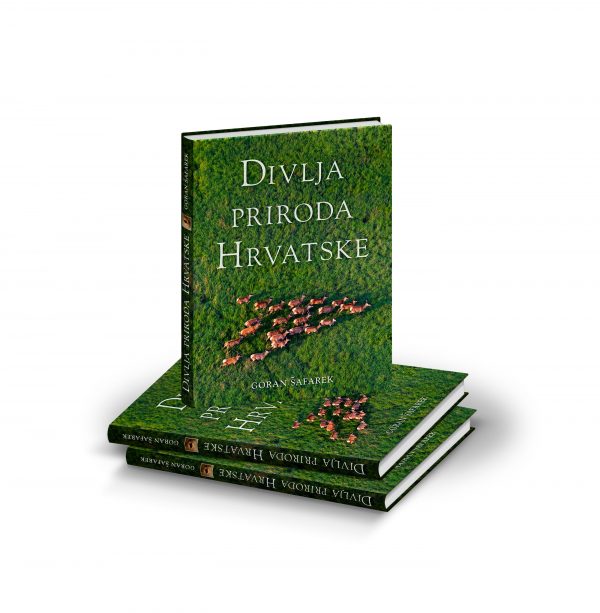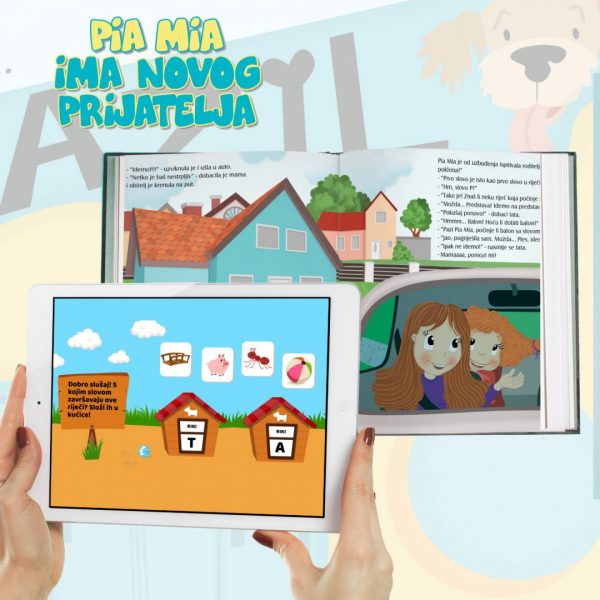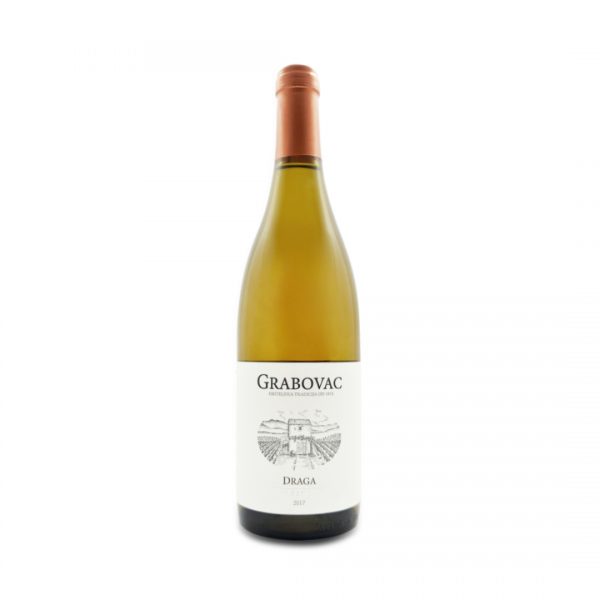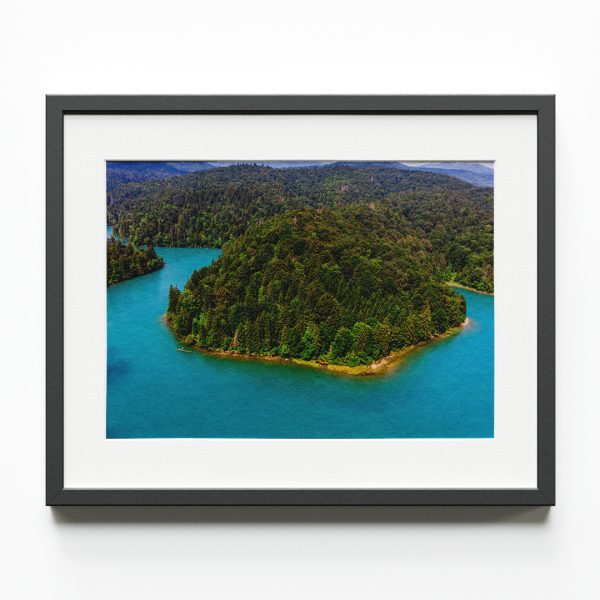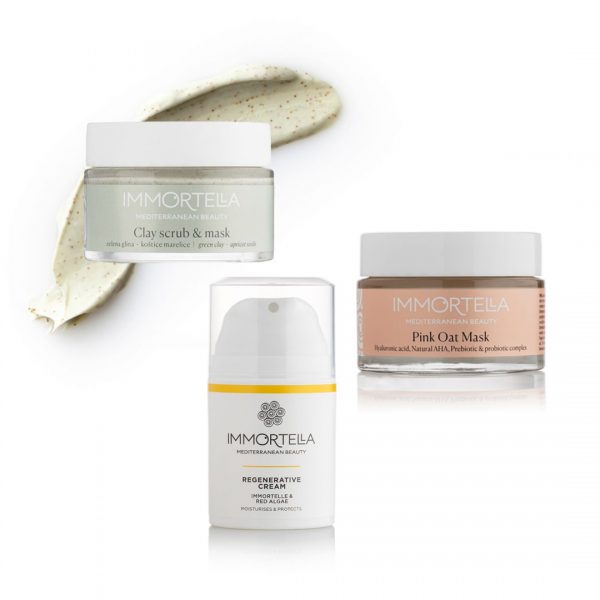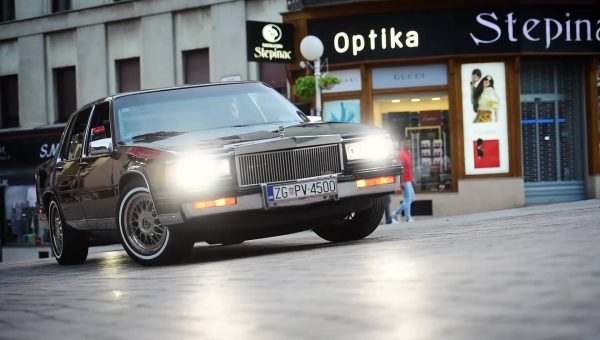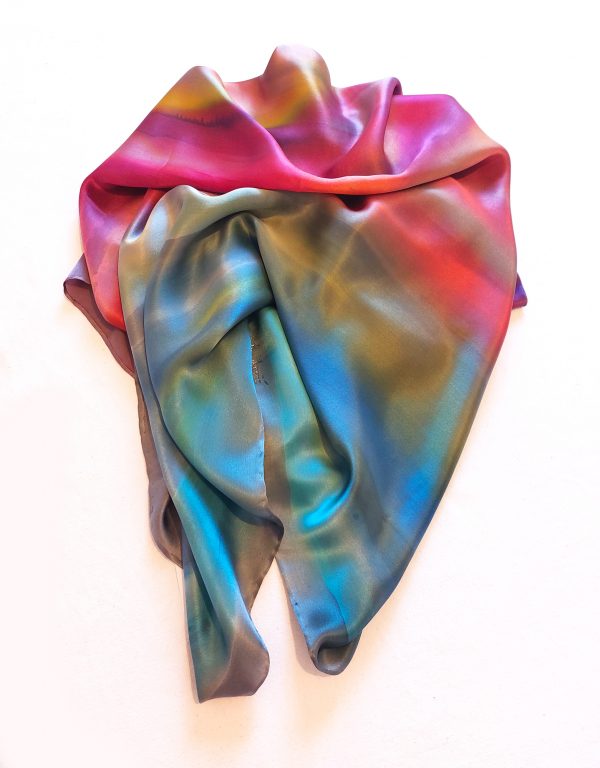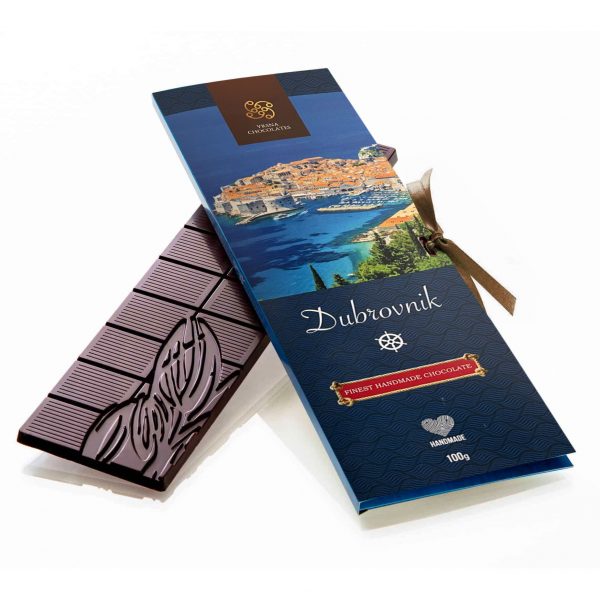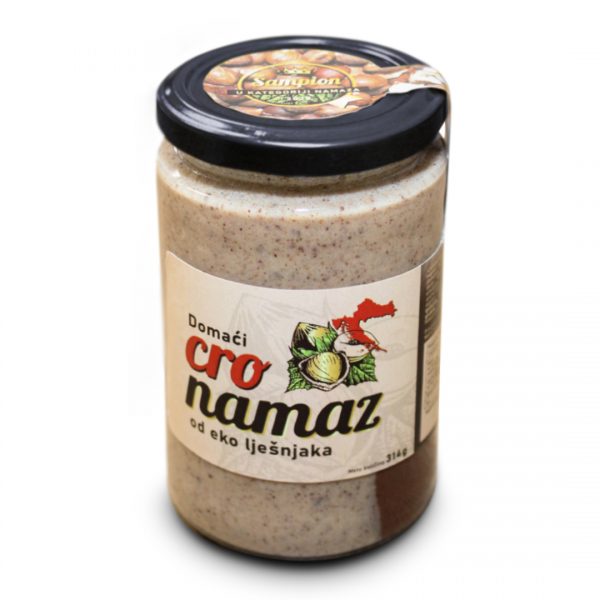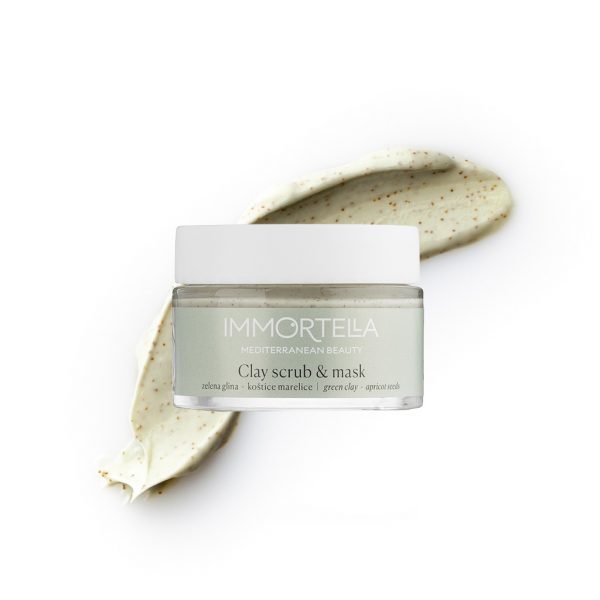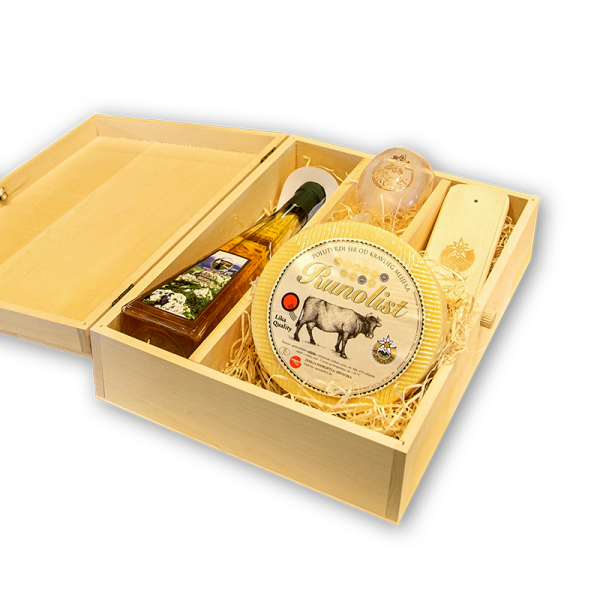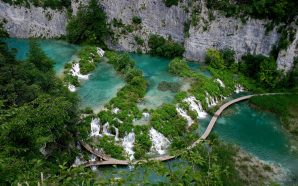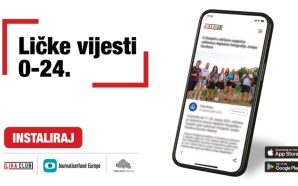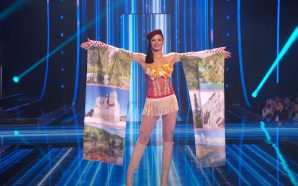Interview by John Hughes with Krist Novoselić – musician (currently a member of he bend Giants in the Trees), ex-Nirvana bassist and political activist.
Krist is the son of Croatian immigrants, Marija and Krsto Novoselić. Krsto is from Iž and Marija is from Privlaka, Zadar County. In 1980, his parents sent him to live with relatives in Zadar, Croatia and he returned to Aberdeen, Washington in 1981. Krist also visited Croatia a few times, also during the war in the ’90s when he reported for the USA media.
“You`re sending my bass player to a f****** war zone”, Kurt Cobain said to Bob Guccione when Krist decided he will do a war reporting from Croatia.
Could you begin by giving me your full name and date and place of birth?
My name is Krist Anthony Novoselic. I was born on May 16, 1965, in Compton, California.
Are you Krist the second or a junior?
My father was Krist and my great-uncle was Krist. But it’s an old Croatian name K-r-s-t-e (pronounced “Kirsta”). Or it could be Krsto – K-r-s-t-o, which actually means christened or blessed.
When I remember meeting your dad years ago, someone called him “Kristo.”
It was Kristo. What happened was this: In the Croatian and Slavic languages sometimes they don’t have a vowel. Like the word for blood, is just k-r-v – pronounced “curve.” There’s no vowel. … So on my birth certificate it would have said Krste, K-r-s-t-e, which would have sounded like he’s cursed.
I am a son of an ich. https://t.co/UqPN863yQw
— Krist Novoselić (@KristNovoselic) July 14, 2018
Literally? Are you saying that to American ears if your first name was spelled the traditional way, K-r-s-t-e, and pronounced correctly it would have sounded like “cursed,” which is ironic since it means “blessed”?
Yes. So they put an “i” in there and made it Krist, which is a form of Chris, C-hr-i-s. I actually used to kind of anglicize my name. I went by Chris for a while but then I changed back to Krist after I got my passport and started touring with Nirvana, and people would look at my passport and be like, “That’s your name? Why don’t you just go back to that? It’s kind of cool.” So I just decided to do that.
I knew a lot of Croatian kids (whose fathers or uncles) all were in the service during World War II or Korea – the Bebiches and the Bogdanoviches, and the Vekiches. They always said they were “tough little sons of vitches.” That’s pretty much a trait in the gene pool isn’t it, that they are resilient, tough people?
Yeah, with the Slavic folks, those tribes came out of the Carpathian Alps and they just kind of took over this large part of Central Europe, Central and Eastern Europe. And the Croatians settled on the north shore of the Adriatic Sea and took over. They kicked the Alerians down to Albania.
You seem to know your history.
Because I learned about it at the gymnasium – not gym class; a school – in Zadar, Croatia, in 1980. So I learned a lot about the history there.
Tell me about your folks. Where did they meet, and where did they emigrate from?
My father came from the village of Iž, which is in the group of islands off of the ancient city of Zadar on the Adriatic Coast in Dalmatia.
Both your dad and Maria, your mother?
No. My father came from Iž Veli, and my mother came from Privlaka. And that’s in the vicinity of Zadar.
How far across (the water) is it from Iž to Zadar?
Zadar is pretty darn close. There’s a big island called Dugi Otok, which means “long island,” between (them) so the boat has to go around. It basically was skiffs with little diesel engines, and it would take about two hours to get to Iž.
@KristNovoselic This photo was out there only in B&W. So I decided to color it on photoshop. I hope you like the result! pic.twitter.com/nEjtgzXvX1
— J (@josiaslixo) July 19, 2018
The pictures look beautiful.
Yes, it’s beauti ful – limestone and olive trees and pines. It’s prett y neat.
Why you moved Aberdeen?
Well, there were a couple reasons. My parents had some personal issues going on, and they thought that if we moved out of California things would get better. So then they moved to Aberdeen and I was now in a different social scene where the kids dressed different. It seemed like they were behind. Music was so important to me and I was just way ahead – way ahead, like, they were laughing at Aerosmith, but in three or four years those same kids in high school were listening to it. But I wasn’t very happy and my parents noticed that. And they go, “Oh, let’s send Krist to Croatia and see if that will work for him.”
Wow. You mean this just suddenly comes up over the dinner table? Had that even occurred to you?
I don’t even know how. One thing led to another and I went to Croatia and I lived in this urban center of Zadar.
So you’re 14?
I was 15. It was 1980.
What was the trip like, and the welcome back “home”?
We flew over. I had fun in the summer. That was kind of a blast. And then it was time to get serious in the fall, to sign up for school. And here was a whole different education system – a more demanding curriculum. We had classes on Algebra, Marxism, History; there was even one called Civil Defense. There were a couple times when the teacher brought this huge machine gun to class, and showed how to disassemble it and put it back together. That was part of their deal. School was very demanding. It seemed like the standards were a lot higher in their public education.
When you were growing up in a Croatian household was English a first language and you just picked it up right along with …
No, Croatian was a first language. And that was another issue for me, too. When I went to Kindergarten it was like English wasn’t really my bag. Let me put it that way. So I grew up bilingual. I’m very fluent in Croatian.
So it wasn’t exactly like you got thrown in off the deep end when you arrived at school there?
No, I could speak Croatian. Even 10 years ago when half of Sarajevo moved to Seattle, there was this whole scene of these Bosnian expatriates and I made a bunch of friends and seamlessly hung out with them. We were speaking in Serbo-Croatian. And they were all very amazed, saying, “You speak perfect Krist.” And I’m like, well …
“All my life.”
All my life. So I’ve never really studied. And it’s helped me (to be bilingual). I can squeeze by in Russian … do a little bit of Russian, and pick it up pretty fast, I can read it too. I can do pretty OK with Spanish. So I had the mind (for languages).
So when you were there attending the gymnasium, the equivalent of middle school in Zadar, were there a lot of different dialects?
There were a lot of different dialects at that time and they probably still have a lot of dialects. I haven’t been there in a while. But when I was there, you’d have these kids come from all kinds of places. If you even listen to people from Zagreb, they spoke with a different accent, and they’re more kind of Hungarian with their traditional dress and their customs. Dalmatians are more Italian because of the proximity to Italy and being part of I aly for so long.
OK, you can speak Croatian fluently, because you’re Croatian. But in a lot of other ways is this cultural shock? Tell me about what it was like to be there, all of a sudden from Southern California to Aberdeen to Croatia.
I just rolled with it because I had cultural shock in the United States from moving from Southern California to Western Washington, or especially like Aberdeen. That was before the Internet. I think cable was new, too, so it was kind of remote. So I went through that, and I went through Croatia. I think there was one thing that almost saved me and it was music. And there was a lot of music coming out of London, including Stiff Records. In 1980 in Croatia, I was listening to Elvis Costello and Madness.
So the radio reception was great, you could get all of the avant-garde stuff?
Yeah, yeah, and then we would watch Croatian state television and they’d have like, what’s his name, the Stalker – directed by Andrei Tarkovsky. “ The Stalker” was on television. “ Last Tango in Paris” with Marlon Brando, uncensored, was on television, and no commercials. It was that socialist ideal of art and expression.
There is very little dialogue in that film, just a lot of intercourse.
Yes, and I was 15 years old watching it, so it’s just blowing my mind. And again, the reception is good. When I lived in Zadar I lived on the twelfth floor of this building. I got all of these Italian radio stations right across the Adriatic because I was up so high.
This is fate, I think, that you’re in high places – Think-of-Me Hill and Zadar.
I would just dial. I also had a short-wave radio, and I would tune into the BBC on shortwave. They had this program called “Rock” something – not Rock Salad or Groove Salad. It was called Rock something. I would hear these rock bands. I also listened to a lot of classic rock, like Deep Purple. They had all that. Black Sabbath. All the heavy rock was there.
What was the music scene like in Croatia? Were there home-grown rock groups?
There were some great home-grown rock groups. They were very, very good. I’ve got to go about collecting their music, start digging it up.
Was it punk kind of stuff – hard rock?
They had different stuff. It was all part of youth culture. So some youth were punker kids, and they would listen to punk music. And some youth were like hippie kids, and they’d listen to like the Doors, Jim Morrison was like a God. On Morrison’s grave in P aris, that sculpture is from Yugoslavia. At least it was until somebody took it. Some Yugoslavian fan made this bust of Jim Morrison.
Did you have a lot of friends? Would they come up to your room and tune in and turn on?
Oh, I had close friends. I’d go to parties and I’d always bring records or tapes or cassettes.
Why did you come back?
I came back because there were some issues with my family.
Do you ever think about the mighthave-beens? What if you had stayed over there?
Yeah, I don’t know what would have happened. I mean, my family was in Aberdeen so I came back to my family. I missed them, and it was probably where I belonged. So I went to Aberdeen High School.
Were you musical by then? Did you want to play an instrument?
I could play accordion, but that’s (around the time) when I picked up the guitar.
When you played the accordion did you ever have any lessons?
I had lessons when I was kid.
It’s a magical instrument. I thought those tracks with the accordion on Nirvana’s “ Unplugged” session were just great.
I’ve got to get back into the accordion. That’s a fun instrument; it’s expressive … because you can kind of pump it. But it never was like culturally hip. It never carried across to rock and roll. So if you were obsessed with rock music like I was then the guitar made more sense.
Was there any folk music you picked up on while you were there in Croatia?
Oh yeah, it’s interesting. Actually I tend to prefer Bosnian and Serbian folk music. Croatian folk music is really kind of somber with these really fine, fine harmonies. It’s very vocal oriented with maybe just some mandolin in the background. I’ve got a record with Dalmatian music. And then you go up into the Zagreb area, again it’s more Central European, more Hungarian sounding. And then when you travel musically to Bosnia and Serbia, then you get that Balkan kind of hot blooded, kind of turbo-folk.
Turbo-folk? (Laughs)
Yeah, turbo-folk, with just blazing accordions, just like the Jimi Hendrix of accordion. It’s like nuts. I still tend to prefer that. I love Serbian music and Bosnian music. If you listen to like Gogol Bordello, or my friends in Kultur Shock out of Seattle, that’s been called like turbo-folk. I think I got the phrase out of the New York Times. There was some Serbian singer who was aligned with some nationalist movement and the New York Times journalist scoffed at it as vulgar. And then she called it turbo-folk.
Most Croatians I know are Catholics. Was the church any big part of your life growing up? Did you go to mass, serve as an altar boy and all that?
I didn’t do that, but I got my first communion and I went through that process. My family wasn’t really religious. When I lived in Croatia I’d go to funerals in the village, I had nothing else better to do. And there were people who were committed socialists that would not go inside the church. I’d go to wakes, too. In the village where I lived when somebody would die, my uncle would go with his tape measure to the house, drink some cognac or whatever and then go upstairs and do some measuring. Then the next morning he would bring you this nice coffin. That night, the family would bust out drinks, all kinds of homemade liquor, food. They would just hang out all night and you’d go pay your respect to the deceased.
There’s nothing like a Croatian wake.
Sometimes they’d pull pranks. This one dude, he showed up at the wake and he was there for hours drinking and eating, and they told him, “Hey man, you’ve been here for like four hours, you haven’t even gone up to pay your respects to the deceased.” He said, “Oh yeah, yeah, yeah, I’m going to go do that.” So he went up there and looks at the dead person and the dead person is wearing his coat. They put his coat on him.
I love it!
Isn’t that crazy? Dalmatians with their sense of humor. Boy!
@KristNovoselic demonstrates early use of the “selfie” photographic technique. Nirvana Live, Finland 1992. pic.twitter.com/u2wPBsp2RX
— Nirvana (@Nirvana) July 13, 2016
Is Croatian a hard language to learn for an English speaker? Pretty complex?
I’m sure it would be. I think that by the end of this century you’re going to see a movement of people moving away from these languages. English is going to be the common language.
It’s kind of a shame isn’t it?
It is kind of a shame.
Do you feel close to your Croatian heritage?
I do feel close to my Croatian heritage, but I’m an American. I was born in the United States; I’m culturally an American.
You’ve been back there to Croatia several times. What’s it like there now?
I haven’t been there since 2000, maybe 2001. I had the opportunity to work with Washington House Speaker Frank Chopp where we received the delegation of Croatian members of parliament.
When you were in Nirvana, did you ever think about telling Kurt Cobain and Dave Grohl that you ought to do something in Croatian?
No, we never did that. I mean it was like we played in Slovenia once. That was about as close as we got.
What was that like?
It was a lot of fun. It was neat to back in what was the former Yugoslavia and kind of use my language skills, just to be in that sensibility.
Did the band have a huge following over there?
Well it was in 1994, so we were huge … a breakout year.
Do you get the feeling from what you see on the Internet that there are still a lot of Nirvana posters over there?
There are Nirvana fans all over the world. I get things like, “Hey, I was just in Bombay and I saw some Nirvana posters.”
Does that kind of amaze you?
Yeah, it does.
Courtesy of Washington Secretary of State sos.wa.gov.
PHOTO: David Lee

